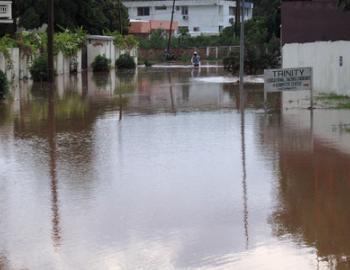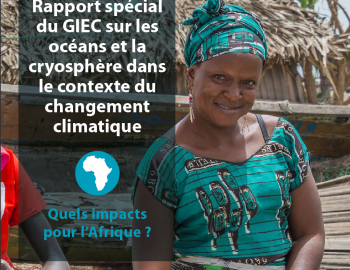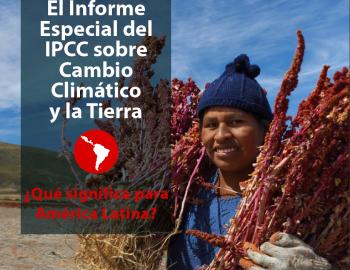REPORT: Integrating climate change concerns in disaster management planning: The case of Gorakhpur, Uttar Pradesh, India
REPORT: Integrating climate change concerns in disaster management planning: The case of Gorakhpur, Uttar Pradesh, India
Gorakhpur District is recognised as one of the most flood-prone districts in eastern Uttar Pradesh, India. Although its inhabitants are accustomed to twice-yearly flooding during the monsoon seasons, data from the past 100 years show a considerable increase in the intensity and frequency of floods, which are now recurring every 3–4 years and even annually in some blocks. Most of Gorakhpur’s 4.4 million residents live in rural areas, with only 20% living in cities. One fifth of the total population is affected by floods, which cause loss of life, health and livelihoods for the poor inhabitants, and extensive damage to public and private property. For example, the flood of 1998 affected 1.4 million people and 16,000 houses, and agriculture losses amounted to roughly US$15 million (estimated at a rate of US$1 = INR60).
An action research programme managed by START and supported by CDKN is currently addressing many of these issues in Gorakhpur. Jointly implemented by the Gorakhpur Environmental Action Group (GEAG), the Institute for Social and Environmental Transition (ISET) and the National Institute of Disaster Management (NIDM), the programme aims to effectively incorporate climate change considerations into disaster management planning within Gorakhpur District.
Key messages:
- The District Disaster Management Plans created as a result of India’s Disaster Management Act (2005) can be an effective mechanism for promoting climate-sensitive planning at district level.
- Integrating climate concerns in District Disaster Management Plans can be aided by using the ‘Shared Learning Dialogue’ process with various government departments at district level. This requires proper facilitation.
- The ‘Shared Learning Dialogue’ process is critical to developing the capacity of various departments to understand, appreciate, plan and respond to climate risks.
- Climate projections must be appropriately interpreted and presented in a way that fosters understanding of their implications for development programmes across government departments.



